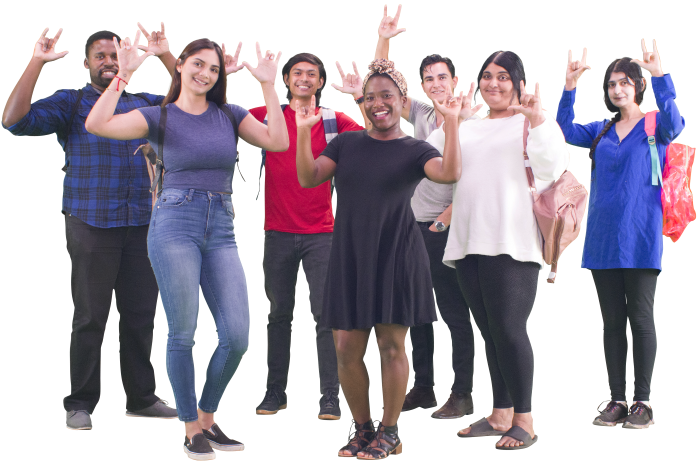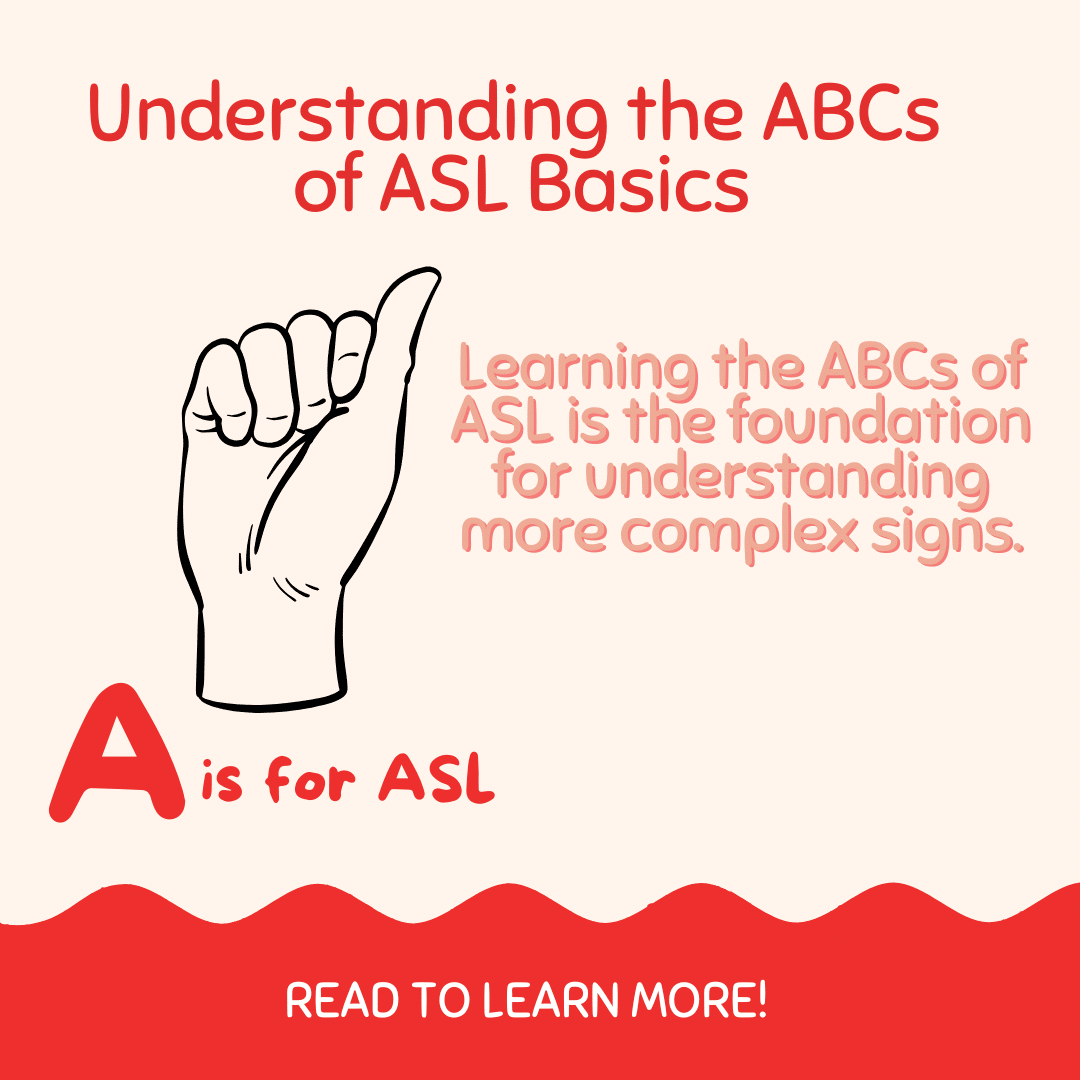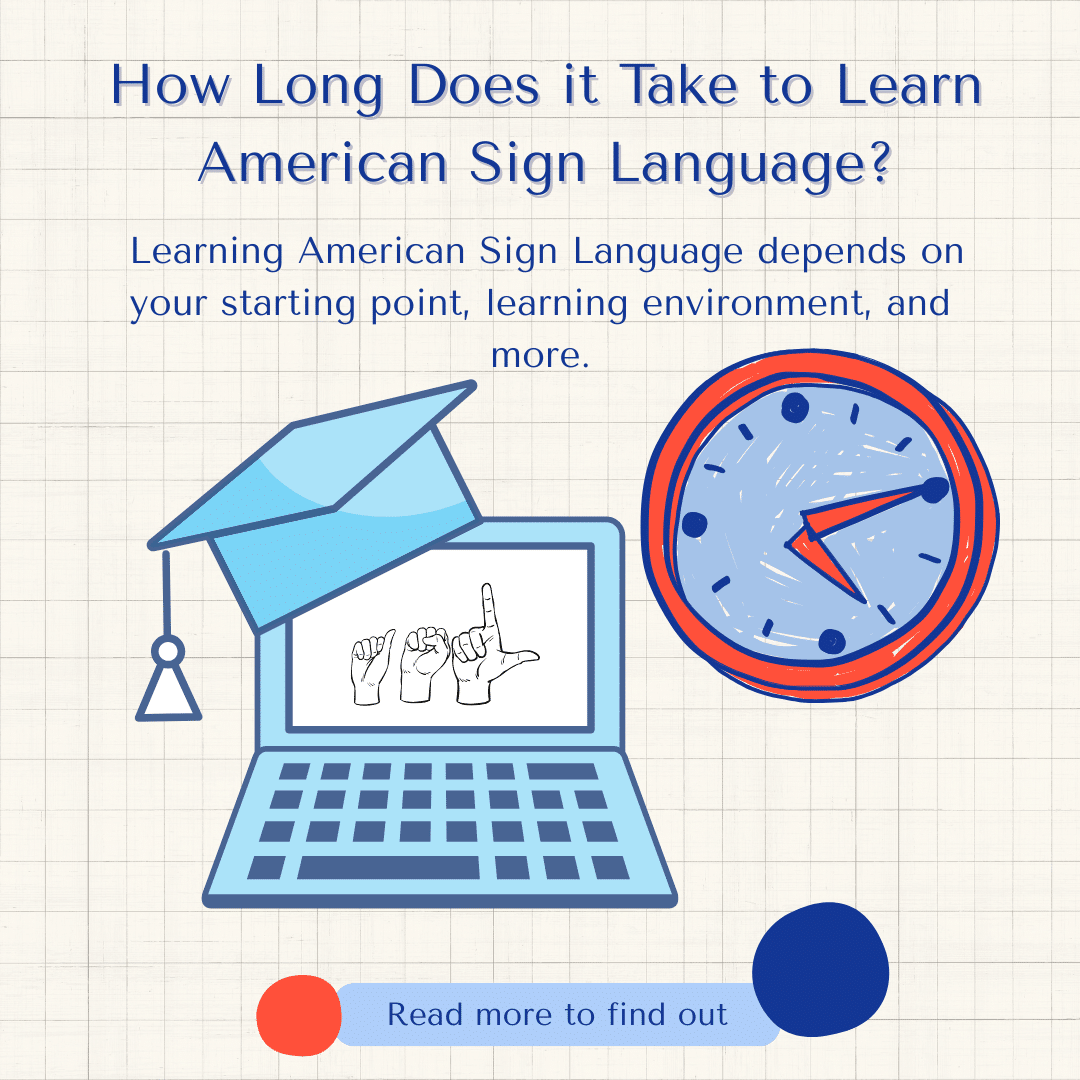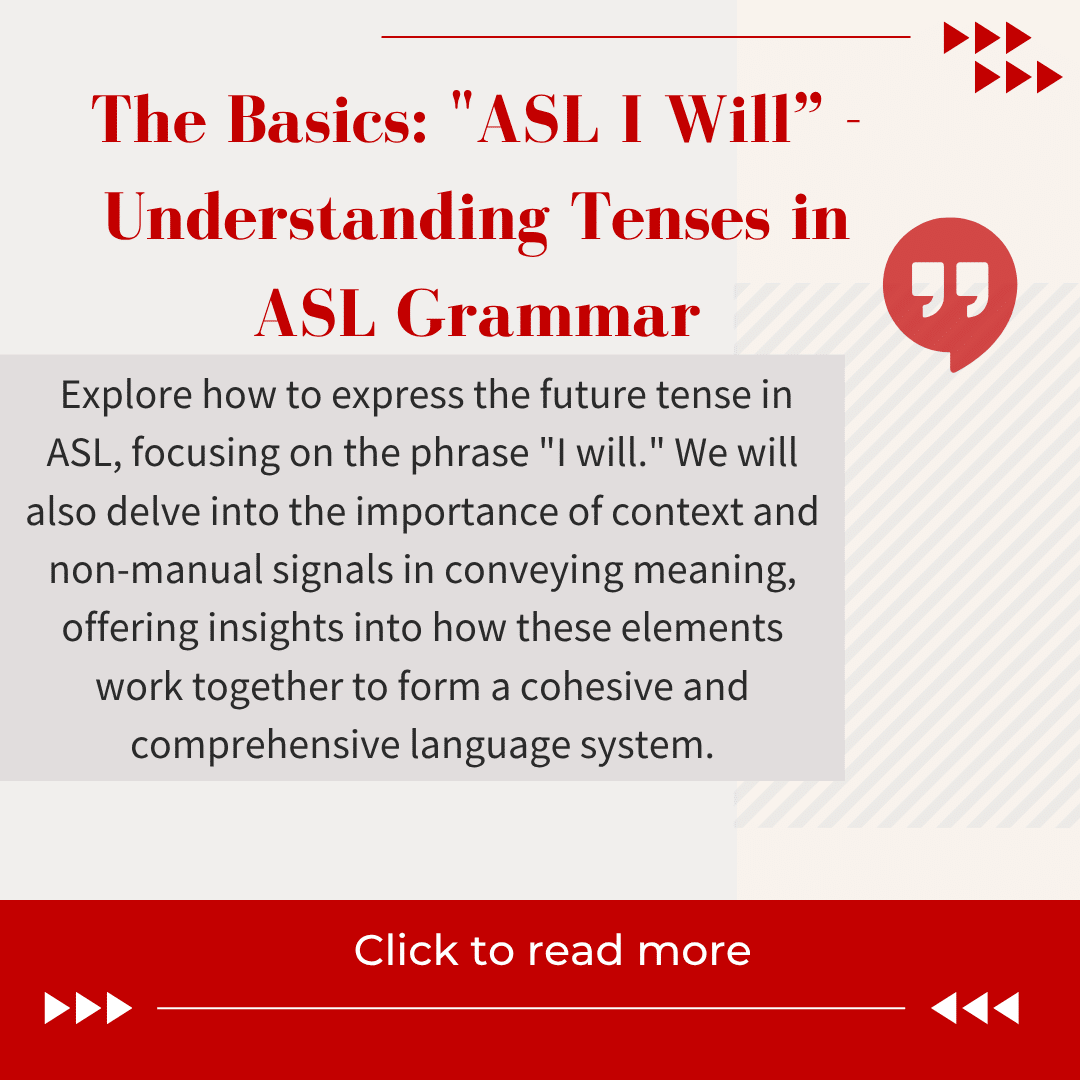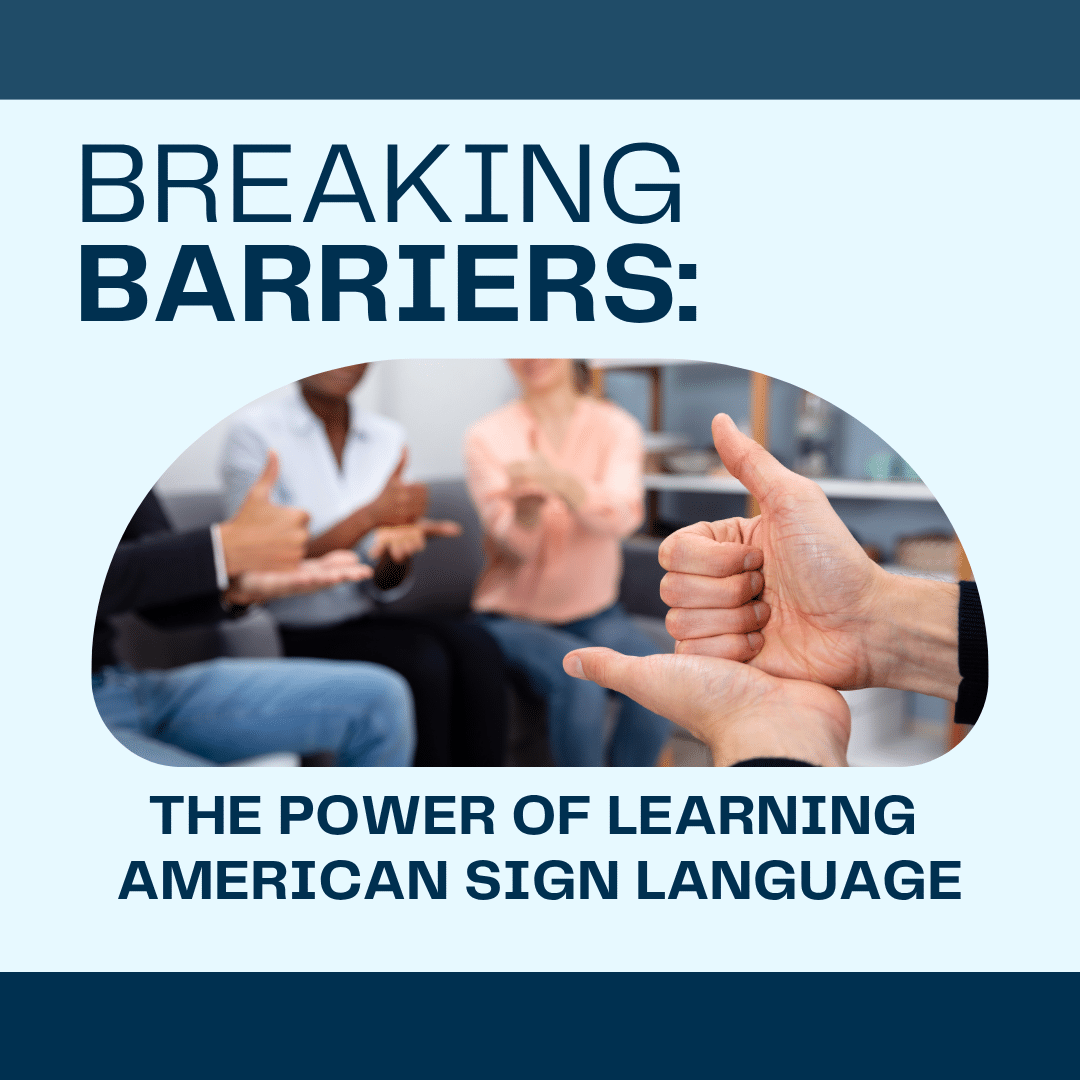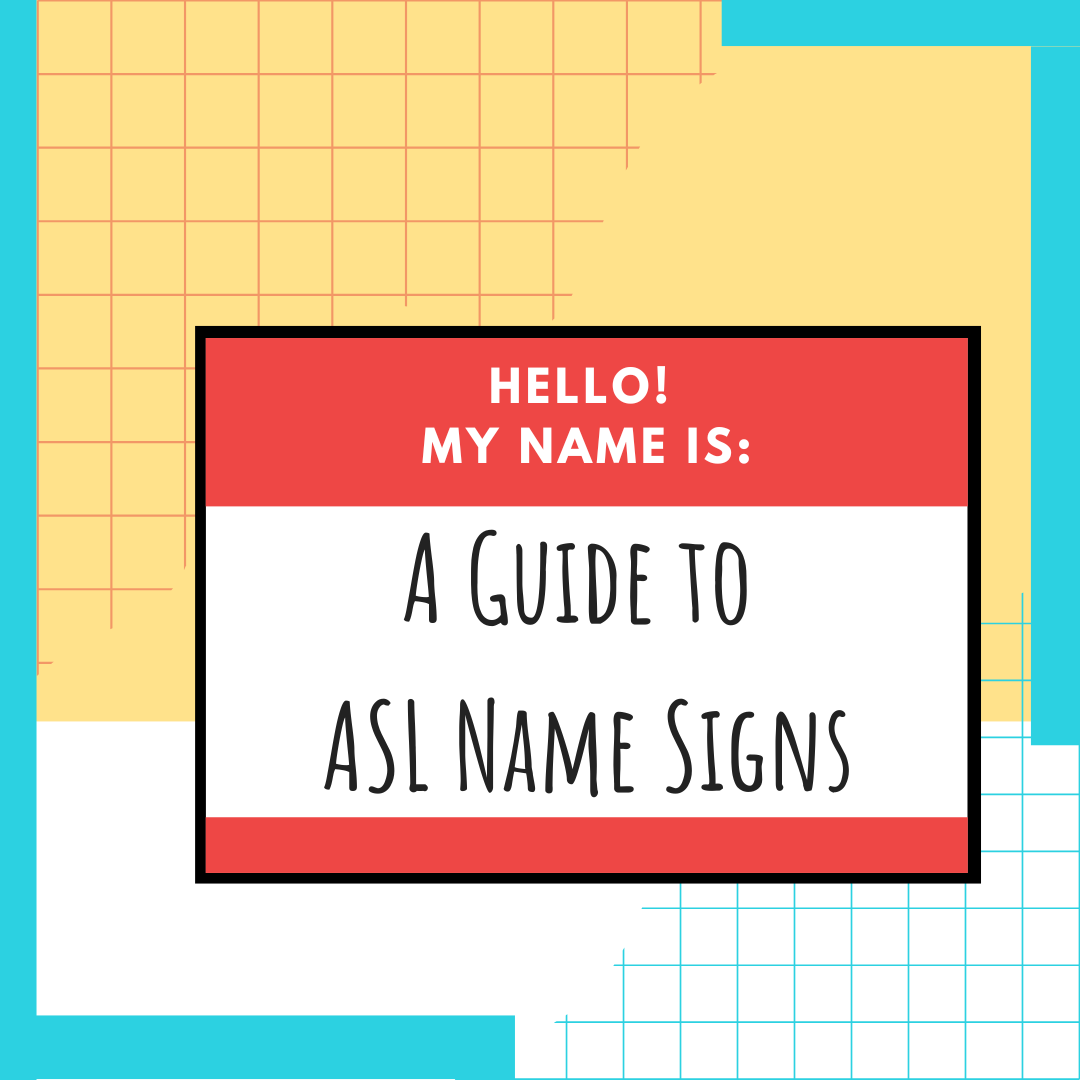
How to Converse with Deaf People During the Holidays
- by Katelyn Cheng
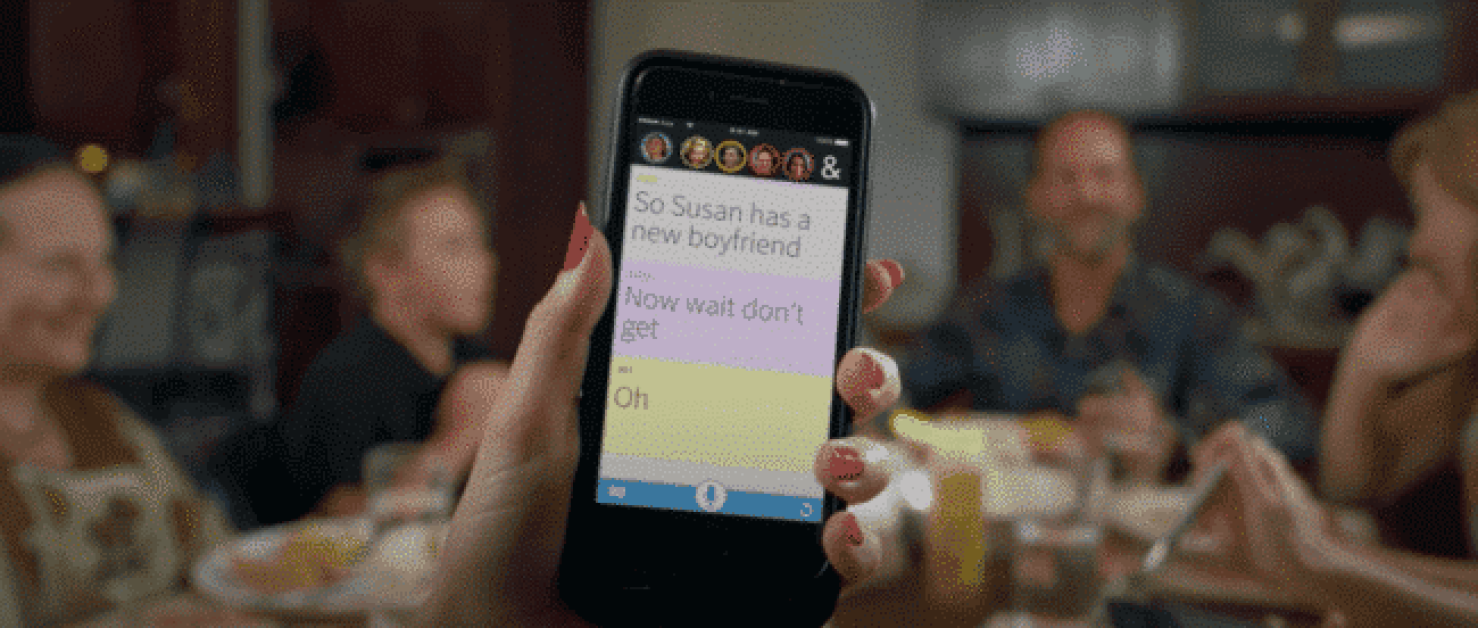
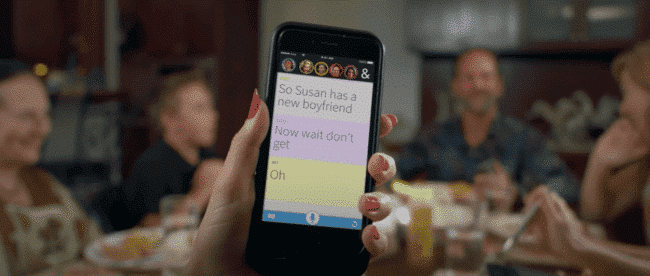
Holidays are times of the year where families and friends gather to celebrate a warm and cheerful time together. Family members who live in other states will fly to meet, or friends will come together to celebrate the Holiday. Some parties are small and intimate, which usually consist of family, relatives, and partners whereas other parties are big gatherings of a lot of people-friends, colleagues, and a group of other people through networking. It does not matter the party size, these get togethers with hearing people can make it awkward for Deaf and hard of hearing (D/HH) people. It can be discomforting and difficult for D/HH folks to be able to feel included and to communicate with other hearing people. It does not matter if the person is profoundly deaf or is hard of hearing, conversing with hearing people in noisy environments is not an ideal social environment for D/HH people. Well, for starters, it is normal for hearing strangers to not know a person is Deaf or hard of hearing, or do not know how to properly communicate with him or her, or feels sympathy for that person. Smaller gatherings with just the families can still become a nerve wrecking situation for Deaf people because it is just as easy to get lost in the conversations especially when the family members have not seen their children or other relatives in a long time. Family members tend to get overly excited and will want to catch up, so there is overlapping conversations or jokes that everyone laughs at during dinner time. For a D/HH person, he or she can catch one thing, but will be completely lost the rest of the conversation. Holiday parties can also have loud TV noise or festive Holiday music playing in the background or kids screaming and playing, which adds another barrier to the communication. One of the barriers is families who speaks multiple languages can become extremely difficult for D/HH people to be able to follow along the conversations because conversations are spoken in foreign language or a mixture of English and another language. When this happens, socializing becomes frustrating for D/HH people, so they leave the party to watch a movie, play games, or leave to be with their own friends. So, how can Deaf people enjoy the holidays with their families and friends at both small and big gatherings?
Well, first of all, a person approaching and conversing with the D/HH person needs to be understanding and open-minded. Be friendly. Keep in mind there are other ways to communicate with the Deaf person not just through speaking and hearing. If there is a pen and paper nearby, use that, or use the phone to text back and forth. American Sign Language grammar and sentence structure are completely different from English. In a sense, ASL is a condensed version of English, so when conversing on the phone, and there’s broken English, do not judge and try to understand what the Deaf person is trying to convey. On the other hand, this should not become a stereotype and assumption that every D/HH is this way. There are D/HH people who have excellent English, so do not be surprised. Especially, do not say, “Oh, you can talk” or “your English is really good”. Even though these phrases are compliments, indirectly it looks down on the Deaf community that D/HH people are not educated and is expected to not talk or have weak English. Other ways to communicate is there are multiple apps such as Big or Ava that caption what the person says. This can really useful too. Bottom line is Deaf people want to feel included and that they are not invisible. Just because the D/HH person is not verbal or have a hard time understanding, it does not mean the D/HH person cannot be talked to. Deaf people can request an interpreter to attend the family events; although this may cause people to feel uncomfortable when a stranger who is an interpreter is at the events. Deaf people usually have one good hearing friend or is dating a hearing partner, so in that kind of situation, the Deaf person will invite the hearing friend or partner to the events. The hearing person is someone a Deaf person knows well, can trust, and does not mind sharing personal information with, so it is less awkward to be the “ASL interpreter”. Also, if you are a family member who has a Deaf relative and want to learn American Sign Language, Start ASL is a good place to take online classes and learn ASL.
Also, there is cultural differences that may turn hearing people away such as being direct or getting attention. It is good to educate and be mindful of the cultural differences to avoid offense or hurt feelings. For instance, one of the biggest cultural differences is being direct. If hearing people are not aware of this difference, a Deaf person who grew up in the Deaf community will not speak “beating around the bush” and will be very direct in conversations. This can become problematic with not just the communication barrier but the social situations in which both parties feel comfortable being in. Another cultural difference is that hearing people likes their “space”; therefore not being touched especially if it is a stranger. In Deaf culture, to get a Deaf person’s attention is to wave in front of them, tap on their shoulder, bang on the table or ground, flicker the lights, all these ways of getting a Deaf person’s attention is absolutely normal where as a hearing person will see this as being rude. There is such a thing called DST, which stand for Deaf Standard Time, meaning that Deaf people arrive late and stay late. Hearing people tend to be on time and arrive when they feel it is time to leave and not over welcome their stay. This situation is not the same with Deaf people. Tying back to being direct, this is where the hearing hosts will have to politely ask the D/HH guests it is time to leave. Deaf people are very visual, so any visual clues or assistance help. D/HH people like to talk “dirty”, it is just how culture is, so it is good to keep this in mind as well. In addition, if a hard of hearing person brings a Deaf or hard of hearing person over to the events, conversing in ASL can come off as “talking behind their back” to hearing people because hearing people do not what is being talked about. In cases like these, to avoid offending anyone or anyone feeling left out is to talk and sign at the same time or to translate what was being said. People with accents, have a heavy beard, or talk softly can be hard to understand. It is best to speak loudly enough and enunciate clearly, do not overdo it cause then it comes off as mocking or making fun of. Be mindful to finish eating first before speaking. D/HH people read lips and rely heavily on facial expressions to comprehend what was being said, so do be mindful on not covering the mouth or talk while eating. Also, do not turn away from the D/HH person and speak in a different direction because most likely D/HH people will not catch it. Make eye contact and fully face the D/HH person.
Personal Experience:
I invited my boyfriend who is hard of hearing to Thanksgiving. My family speaks English, but will mix English with Mandarin Chinese. There were occasions I had to translate for my plus one whenever a family member spoke Chinese because I did not want that my boyfriend to feel left out and I explained that I am translating what was being said. This is a situation where I want to make sure everyone was included but not offending anyone.
Here are the benefits to knowing American Sign Language at events like these:
- You can sign and eat dinner without being rude. You do not have to wait to finish eating because you will conversing with the hands not the mouth.
- You can communicate with each other across the room without needing to walk over or shout. This makes communication that much easier.
- Learning ASL is not just learning the language, but it also teaches you the history, culture, and being animated by using lots of body language and facial expressions. This is a way to get someone who is shy and introverted to get out their comfort zone. It also makes visual games that much more fun because ASL allows you to exaggerate body animations.
- You will come in handy if a D/HH person ever needs a helping hand with interpreting conversations or even a phone call.
- Lastly, you can spread the awareness and educate other family members American Sign Language and the Deaf culture.
Start Learning ASL Today!
 Ready to start learning real American Sign Language and not just basic signs? Do you want to be a part of the vibrant Deaf community? Check out our Free ASL 1 Course or our Complete 4-Level ASL Course options and start learning ASL today!
Ready to start learning real American Sign Language and not just basic signs? Do you want to be a part of the vibrant Deaf community? Check out our Free ASL 1 Course or our Complete 4-Level ASL Course options and start learning ASL today!
